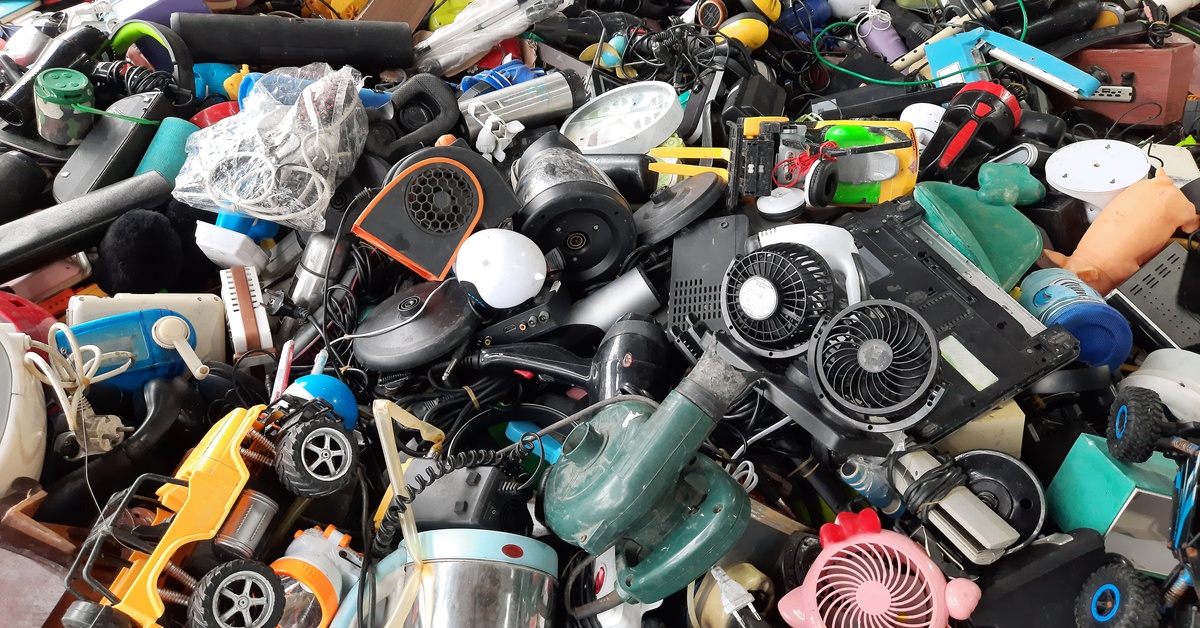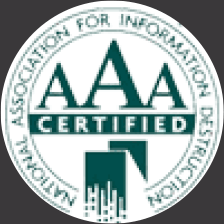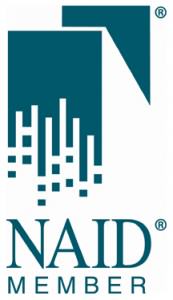
Startups often focus their efforts on innovation, customer acquisition, and scaling their operations. Prioritizing the destruction of unsellable, defective, or obsolete products isn’t the most glamorous part of running a startup. However, it plays an essential role in safeguarding your brand, reputation, and compliance with your industry’s best practices.
This blog will explore why startups should prioritize product destruction, what it is, and why it’s common in certain industries. By the end, you’ll understand why it’s a strategic decision for up-and-coming businesses.
What Is Product Destruction?
Product destruction refers to the systematic and secure disposal of unsellable or discontinued goods, ensuring they cannot reenter the market. It includes destroying defective items, outdated stock, or surplus inventory in a safe and controlled manner. Companies often partner with third-party services specializing in certified disposal methods.
While it may sound straightforward, choosing the right product destruction protocol ensures compliance with legal, environmental, and ethical standards. From electronics and clothing to medical supplies and cosmetics, this process enables businesses to mitigate risks and safeguard their interests.
Industries Where Product Destruction Is Common
Certain industries have strict requirements surrounding the disposal of goods. Here are some examples:
- Electronics: to protect sensitive data and prevent counterfeit products from re-entering the market
- Fashion: to maintain brand exclusivity by avoiding unauthorized sales of surplus items
- Pharmaceuticals: for safety and regulatory reasons to ensure defective products don’t harm consumers
- Food and beverage: to destroy expired products safely because they pose health risks
- Cosmetics and personal care: ensures expired or compromised items don’t undermine brand trust
These examples show how product destruction is vital for companies across sectors. Now, here’s why startups, in particular, should prioritize this practice.
1. Protecting Intellectual Property
Startups often rely on unique formulations, designs, and innovations to carve their niche in the market. Improperly discarded products, whether defective or outdated, can be scavenged or sold, putting proprietary knowledge at risk.
By prioritizing secure product destruction, startups can protect their intellectual property, ensuring competitors or counterfeiters don’t gain access to sensitive information that could undermine their competitive edge. This step is crucial for safeguarding both their innovations and reputation.
2. Preventing Counterfeiting
Counterfeiting poses a significant threat to businesses, resulting in potential financial losses, damage to brand reputation, and erosion of customer trust. By implementing secure product destruction processes, companies can reduce the risk of counterfeit items flooding the market.
Properly disposing of defective or outdated inventory ensures that unauthorized parties cannot repurpose materials or designs for illegal reproduction. This practice helps maintain product authenticity, strengthens consumer confidence, and upholds the brand’s integrity in the competitive marketplace.
3. Maintaining Brand Integrity
A strong and consistent brand demonstrates reliability and professionalism, fostering trust among consumers. This process involves protecting intellectual property, upholding quality standards, and delivering on brand promises.
Companies must also monitor their public image and proactively address any issues that could tarnish their reputation. By aligning their values, communication, and actions, businesses can strengthen their brand identity and differentiate themselves in a competitive market.
4. Avoiding Unauthorized Sales
Unauthorized sales can undermine a company’s brand integrity and revenue goals. To mitigate this risk, businesses should implement strategies like establishing clear distribution agreements, tracking and verifying product origins, and monitoring online marketplaces for counterfeit or unauthorized items.
Educating consumers about the risks of purchasing from unverified sources can also help limit the impact of unauthorized sales. By taking proactive measures, companies can protect their brand reputation and maintain control over their market presence.
5. Meeting Regulatory Requirements
To comply with regulatory requirements, businesses must ensure that their products meet all applicable laws and standards established by governing bodies in the regions where they operate. Keeping up involves staying informed about industry-specific regulations, environmental standards, and safety guidelines to prevent legal issues and maintain consumer trust.
Proper documentation, regular audits, and collaboration with compliance experts can help organizations adhere to these requirements seamlessly. Aligning operational practices with regulatory standards helps companies avoid penalties and demonstrates a commitment to quality and responsibility.
6. Environmental Responsibility
For today’s organizations, safeguarding the environment through sustainable practices is often a priority. By minimizing waste, reducing carbon footprints, and conserving natural resources, businesses can fight against climate change and environmental degradation.
Adopting green technologies, utilizing renewable energy sources, and integrating eco-friendly materials into production processes are just a few ways companies can demonstrate their commitment to environmental stewardship. Educating employees and stakeholders about sustainable practices can foster a culture of environmental responsibility, benefiting both the planet and the organization’s reputation.
7. Data Security for Electronics
In an increasingly digital world, organizations must safeguard sensitive information from potential cyber threats, including hacking, data breaches, and malware attacks. Implementing robust encryption methods, regularly updating software, and utilizing multi-factor authentication are essential steps in protecting electronic devices and the data they store.
While it may seem insignificant, educating employees on cybersecurity best practices can mitigate risks posed by human error. Prioritizing data security protects confidential information and builds trust with customers and stakeholders, reinforcing the organization’s commitment to responsible technology use.
8. Insurance Compliance
Ensuring compliance with insurance regulations is a central focus of risk management for organizations. Adhering to local, state, and federal insurance requirements helps businesses mitigate liabilities while maintaining operational continuity.
Regularly reviewing policies, updating coverage to reflect organizational changes, and working closely with insurance providers are key practices for maintaining effective insurance management. These steps safeguard against potential financial losses while demonstrating the company’s commitment to legal and ethical standards.
9. Tax Benefits
Understanding tax benefits associated with insurance policies can provide significant financial advantages for organizations. Many insurance premiums may be tax-deductible, reducing overall taxable income.
Certain types of coverage, such as employee health insurance plans, often qualify for specific tax credits or incentives. By leveraging these benefits, businesses can improve their financial efficiency while continuing to meet their operational and employee needs.
10. Enhancing Customer Trust
Offering insurance coverage, whether in the form of business liability insurance or a comprehensive employee benefits package, can demonstrate a company’s commitment to reliability and responsibility. Customers are more likely to trust businesses that take proactive steps to manage risks and protect their stakeholders.
Transparency in policies, timely communication, and a track record of honoring commitments further reinforce this trust. By prioritizing customer confidence, businesses can cultivate long-lasting relationships and foster loyalty, which is invaluable for sustained growth and reputation.
Product Destruction: A Smart Choice for Startups
Startups have much to gain by prioritizing product destruction as part of their operational strategy. No matter how big your organization gets, this process safeguards your brand as you grow. By incorporating effective product destruction into your company’s workflows, you ensure long-term sustainability, efficiency, and trust.
Are you looking to simplify product destruction for your business? Get in touch with industry experts who can guide you on the best practices customized to your industry and needs. At Intellishred, we know secure product destruction inside and out. With us, you can rest easy knowing your business is safe and secure.







